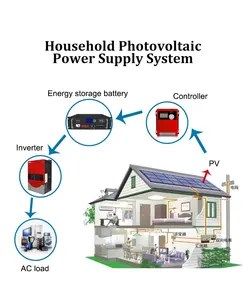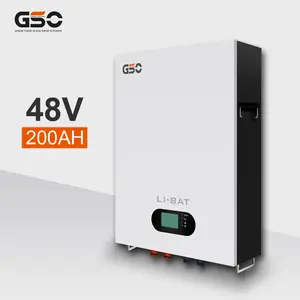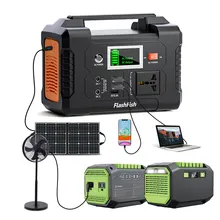Understanding Power Wall Systems
The concept of a power wall is gaining traction in the realm of energy management and sustainability. This innovative category encompasses systems designed for efficient energy storage, primarily to complement renewable energy sources. Power walls serve as a bridge between energy generation and usage, ensuring that the power harnessed is available on demand.
Types and Applications of Power Walls
There are various types of power walls catering to different needs, including home energy storage units and larger scale solutions for solar energy storage systems. These units are not limited to residential use; they are also integrated into commercial settings and can be paired with solar panels or used as backup power sources for appliances.
Features and Materials
The core of a power wall is its battery technology. Lithium ion batteries are prevalent due to their efficiency and longevity, while some models may use lead-acid batteries. The choice of material impacts the performance, with lithium ion offering a compact and lighter solution compared to lead-acid counterparts.
Advantages of Power Wall Integration
Incorporating a power wall into an energy system can significantly enhance energy independence. It allows for the storage of excess energy, which can be particularly beneficial for those using solar panels, ensuring that the power is available even when the sun isn't shining. Additionally, power walls can provide a sense of security as a backup power source during outages.
Selection Criteria for Power Walls
When selecting a power wall, it is crucial to consider the capacity, compatibility with existing systems, and the specific energy storage needs of a home or business. The adaptability of a power wall to various energy inputs, like AC adaptors or car charging, is also an important factor.
Environmental Impact and Sustainability
The environmental impact of power walls is an important consideration. By enabling more efficient use of renewable energy, power walls can reduce reliance on fossil fuels and lower carbon footprints. The sustainability of the materials used and the lifecycle of the power wall itself are also key factors in assessing the overall environmental benefits.






































 浙公网安备 33010002000092号
浙公网安备 33010002000092号 浙B2-20120091-4
浙B2-20120091-4